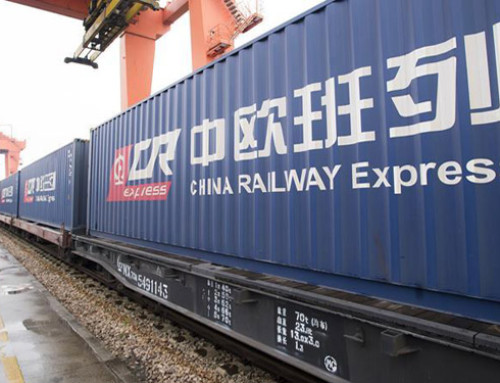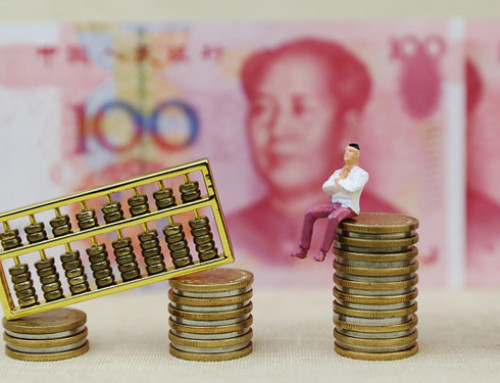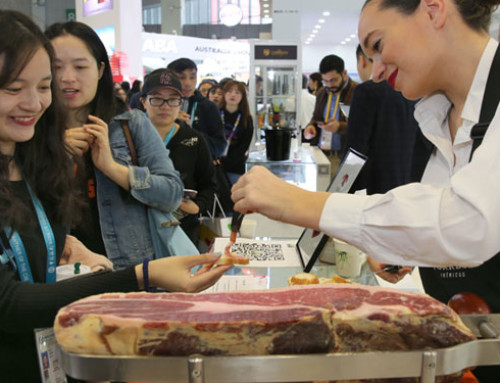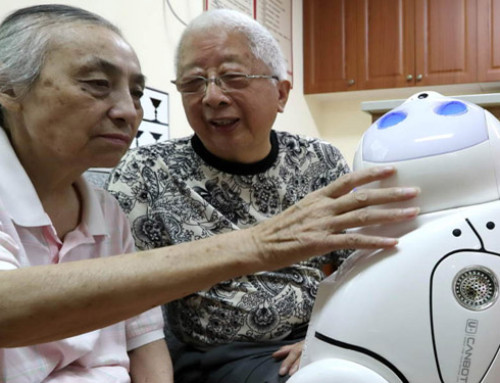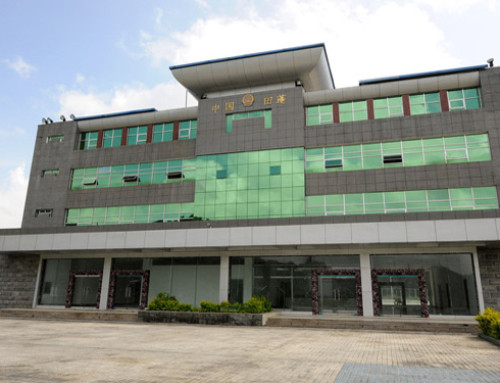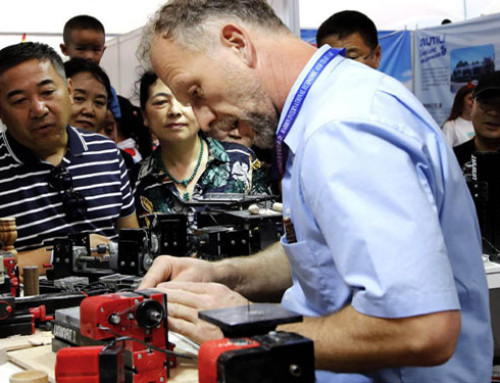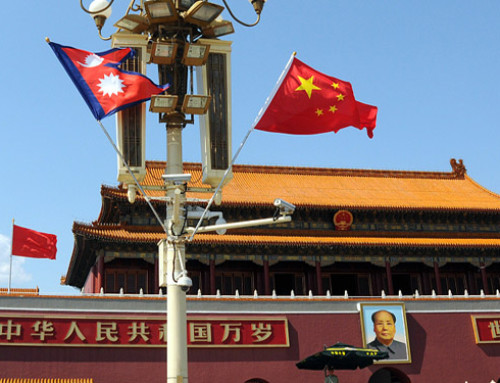China will boost domestic consumption and further opening-up for a better economic environment in 2019, according to Ning Jizhe, deputy director of the National Development and Reform Commission during an interview with reporters from a number of state media, haiwainet.cn reported.
A stronger domestic market is one of the priorities for China’s economy in 2019, according to the recently completed annual Central Economic Work Conference on Dec 21. Household consumption, as a vital part of boosting domestic consumption, is facing multiple upgrades as Chinese household income continues to grow, Ning said.
As China’s Engel Coefficient has dropped to under 30 percent, which indicates a wealthy life on average, the consumption of services has taken up a larger proportion of residents’ spending, the director said, adding that China will accelerate the development of the service industry, including home rentals, household services, elderly care and child care.
China will release preferential measures to boost the consumption of automobiles and home appliances. Online purchasing in the rural market, as well as rural tourism, is encouraged to improve consumption and boost spending power, the director said. Medium- and high-end products are increasingly welcomed by consumers, with the combination of offline and online sales a big trend, he added.
China will continue to deepen reform of the income distribution system, increase the earnings of low-income groups, expand the number of middle-income groups, and increase people’s spending power, Ning added.
The country will also remove institutional barriers to investment access in areas such as culture and sports.
Visitors check a Tesla Model 3 car at the launch ceremony of the company’s gigafactory (phase I) in Shanghai, on Jan 7, 2018. [Photo/Xinhua]
Market access should be loosened for further opening-up, said Ning, adding that pre-establishment national treatment and the negative list management should be fully implemented to protect the legitimate interests of foreign companies in China, especially intellectual property rights.
All of the seven foreign investment projects in the first batch — including the Brilliance-BMW project in Shenyang; the new Tesla plant in Shanghai; the BASF project in Zhanjiang, Guangdong province; the Exxon Mobil production base in Huizhou, Guangdong province; and the Samsung project in Xi’an — have been pushed forward as planned, Ning said. The foreign investment projects in the second batch, which focus on the new energy field and are valued anywhere from billions to tens of billions of dollars, are also underway, the director added.
News Source: China Daily




